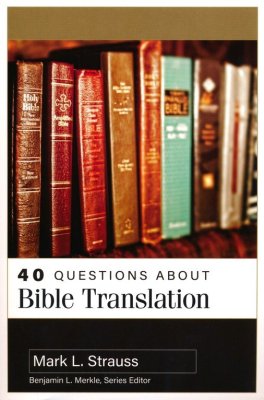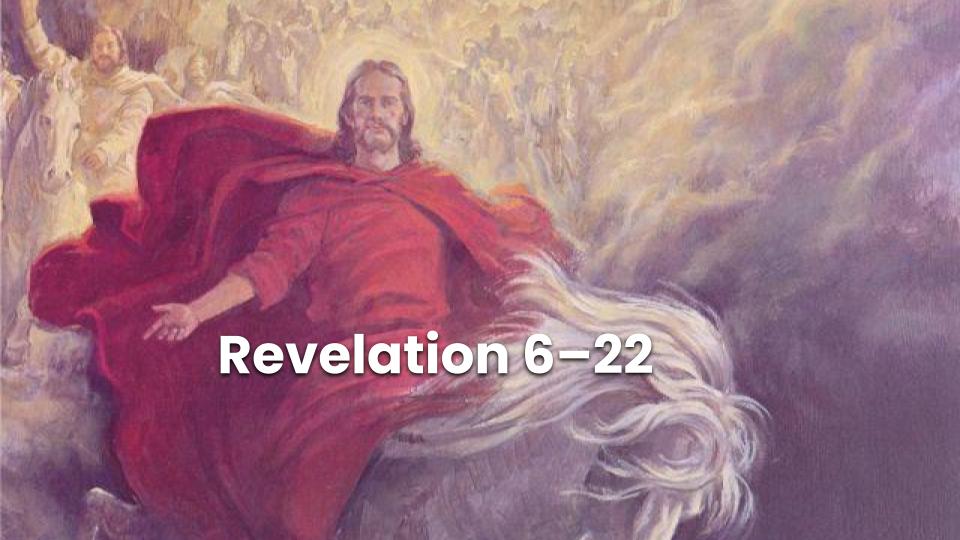This post is based on content from my book, The Founder of Our Peace
Worry might be one of Satan’s greatest weapons to destroy our peace. In contrast, Christ clearly taught his followers not to worry, declaring, “Do not worry about your life…can any of you by worrying add a single hour to your span of life? Therefore do not worry, saying, ‘What will we eat?’ or ‘What will we drink?’ or ‘What will we wear?’…So do not worry about tomorrow, for tomorrow will bring worries of its own. Today’s trouble is enough for today” (Matthew 6:25, 27-28, 31, 34, NRSV (why did I used the NRSV?), emphasis added).[i]
Over and over the message: do not worry! Common sense suggests that Christ is not teaching that we should be irresponsible in our preparations for the future. Instead of worrying, we can cultivate its antidote – hope. Worry looks into the future, afraid of all the things that might or might not happen. Hope likewise looks ahead, but with confidence that things will work out through Jesus Christ.
Dozens of psychological studies have shown that people generally (1) overestimate how likely it is that the thing we are worried about will happen, (2) overestimate how devastated we will be by future negative events, and (3) underestimate our ability to bounce back should the thing we are worried about actually occur. All of these skewed estimations increase our worry. Let’s visualize this significant point: imagine a worry you have, represented by the following circle (size indicates actual amount of damage that the worry might do to permanent well-being).

Because I perceive the worry is more likely to happen than it actually is, the size of the worry appears to be bigger than it actually is:

Similarly, because I think the worry will have a more devastating effect than it actually will, the size of the worry appears to be still larger:

Finally, since I underestimate my ability to cope with what I am worried about, the size of the worry continues to grow:

The combined result is that a worry that is actually this:

Ends up feeling like this:

Consider these questions that help us see worries as they really are, and consequently worry less:
- What is the actual likelihood that what I am worried about will really occur?
- What is the worst thing that could realistically happen in relation to this worry? Would I be able to handle such an event?
- Imagine that the thing I am worried about actually happens. Is it something I will still be troubled about in 1 month? 1 year? 10 years?
- Have I ever encountered a problem like this before? Did it really devastate me? How did I work through it?
Sometimes the answers to these questions will reveal that yes, we do in fact have very serious challenges that merit our attention. However, often answering these questions calms our worries as we realize that we can handle the circumstances we face. With this clearer vision, we can look into the future with hope rather than worry.
Looking for more on this topic? Check out my book, The Founder of Our Peace.
[i] While the JST for these verses and a similar passage in 3 Nephi 13 make it clear that the specific promise that food, shelter and clothing will be provided was spoken to the Twelve, I believe the injunction to not worry about these things applies to all.






